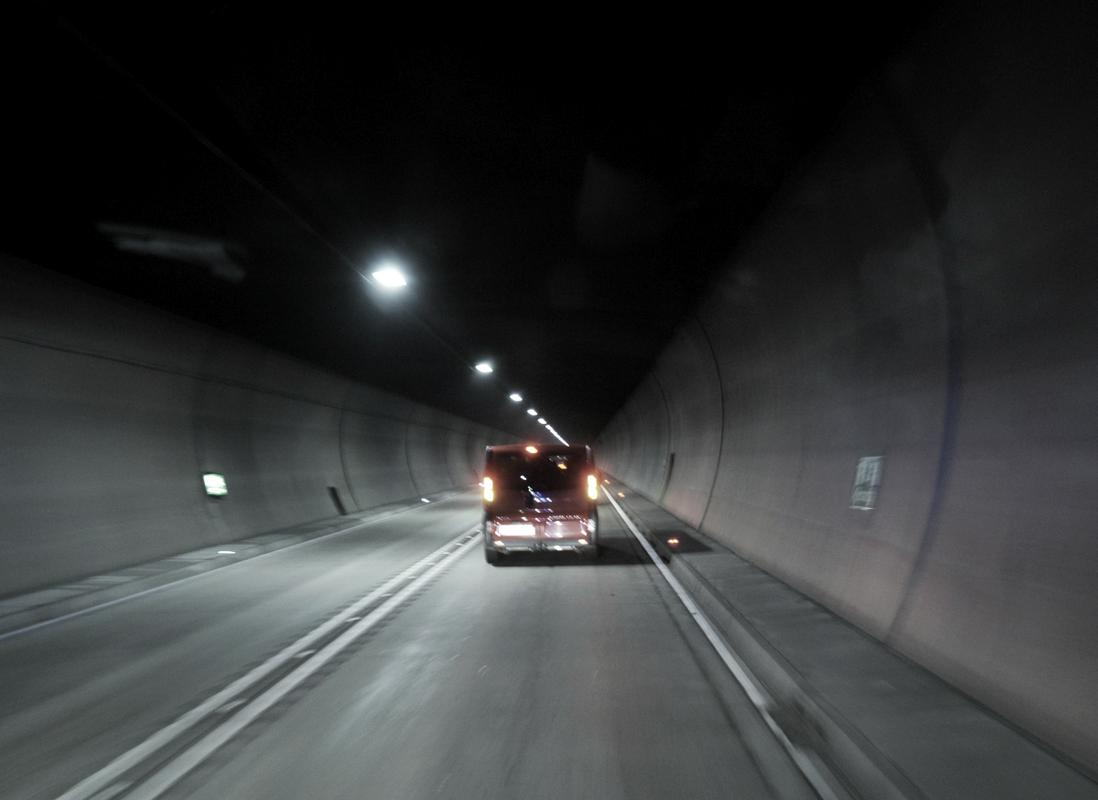
Cengiz Insaat has the most experience with tunnel construction among all tender contenders and offered the lowest price.
At the end of July, DARS (the Motorway Company of the Republic of Slovenia) selected the Turkish company Cengiz Insaat as the contractor for constructing the second pipe of the Karavanke tunnel. At the end of August, DARS' choice was challenged by three construction companies – Gorenjska gradbena družba, Euroasfalt and Kolektor CPG –, which also participated in the tender. According to our information, the complaint succeeded and the Turkish company was forced out of the game.
The National Audit Commission, which has been examining for almost 60 days on whether Cengiz Insaat has rightly won the tender, has now supposedly decided. However, before the decision is made official, all the parties involved need to be informed about it. According to our sources, the decision will be officially known next week.
Excluded due to missing certificates?
And why would the Turkish company be eliminated? Unofficially, due to technicalities and proper supporting documents. For example, Cengiz Insaat supposedly failed to provide all the necessary certificates that construction site managers should have, and what is also problematic is the criminal record of one of the leaders in the said company.
If the National Review Commission really excludes the Turkish offer, the DARS expert committee will have to examine the remaining offers. The 'Gorenjska gradbena družba' company made the second best offer, which exceeds the Turkish one by 15 million euros, Euroasfalt Sarajevo offered 17 million euros, while the offer made by Kolektor CPG, owned by Stojan Petrič, is worth EUR 109m, 20 million euros than the Turkish one.
The construction of the second pipe of the Karavanke tunnel on the Slovenian side will thus be substantially delayed. This could jeopardize the entire project, since Austrians have already started building their part of the pipeline this September.


































































